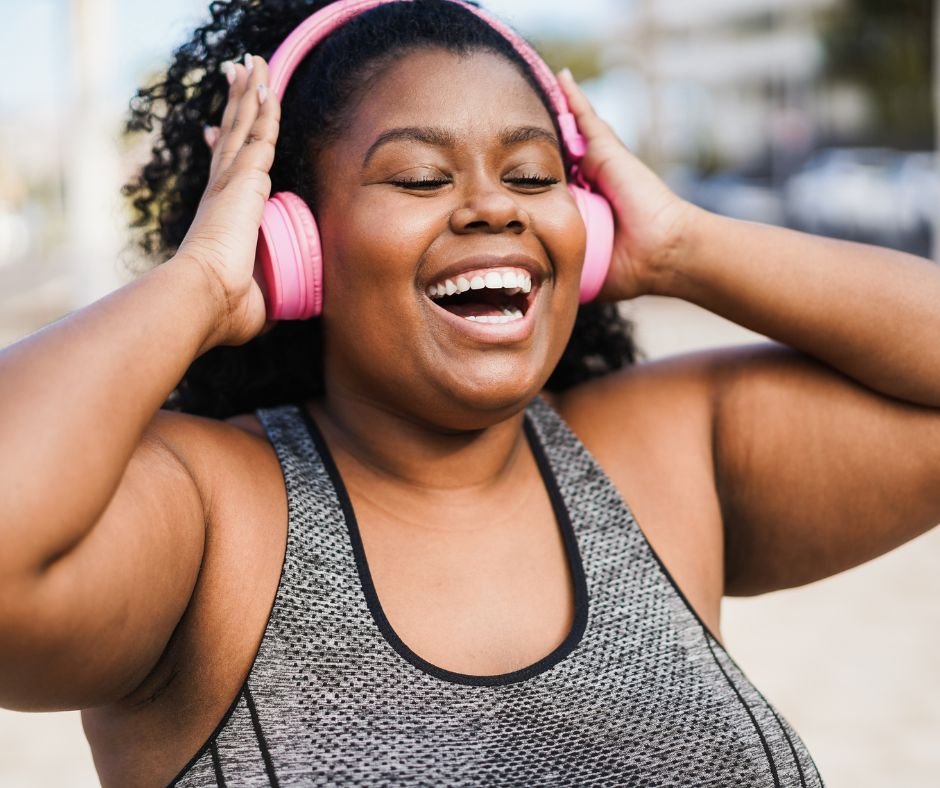What is Self-Care?
Since the Covid-19 pandemic, self-care has become popularized on social media platforms and widely recommended by mental health and other medical professionals. All of our lives changed in many ways due to the pandemic. We experienced losses, lockdowns, isolation, and many other issues that life brings. Many of us were forced to slow down because our world was in a significant crisis. In our time of having to stop our lives as usual, many people had time to reflect on their lives and deal with neglected issues before the world changed. As a result of this experience, I witnessed higher demand for mental healthcare during the pandemic.
As a therapist, I have become an advocate of incorporating self-care practices into my own life and the lives of my clients. Self-care means taking time to do things that help you live well. Self-care is the act of taking care of yourself so that you can be well to live the life that you desire and meet the demands that life brings. As a result of caring for yourself more meaningfully, you begin to experience improvements in all aspects of your life. Your body, mind, and soul become well and whole.
Self-care benefits your body by promoting well-being, improving sleep quality, lowering your risk of illness and improving pre-existing medical issues, and increasing energy. Self-care benefits your mental health by decreasing stress, improving your mood, reducing anxiety, and helping you regulate your emotions more effectively. Self-care benefits your soul by improving your self-esteem, self-love, and self-awareness.
Even though self-care is a big social media trend, we want self-care to be more than a trend. It is a way of life. At Swell, we genuinely value and promote the importance of self-care and are committed to sharing ideas and ways to improve how you care for yourself in a deeper and more meaningful way. Self-care should never feel like a chore but a gift or opportunity to fill your cup. Implementing small actions of self-care into your daily life can make a significant impact on your life.
Getting started
If you’re new to your self-care journey (or a pro). I’d like to help you start as if we were in a therapy session. When working with clients in session, I want first to assess where you are with self-care. An easy way is to take an assessment (link here) or to write down ways you take care of yourself physically, emotionally, spiritually, socially, etc.
After assessing these areas of self-care in your life, look at the areas that you are doing well with self-care and then be intentional about maintaining those areas of self-care in your life. Next, focus on the places you want to improve or grow in. List them based on priority, and with your therapist or solo, identify a few practices you can implement into your daily routine. For example, if you need to improve your physical self-care, consider simple changes, such as getting physically active, setting a sleep routine, scheduling an appointment with your primary care physician for a wellness exam, and more.
Assess your progress as you continue making simple changes to your daily self-care routine. Are you noticing improvements in your mood and quality of life? Make adjustments based on your needs. The goal is to feel better and live better.


